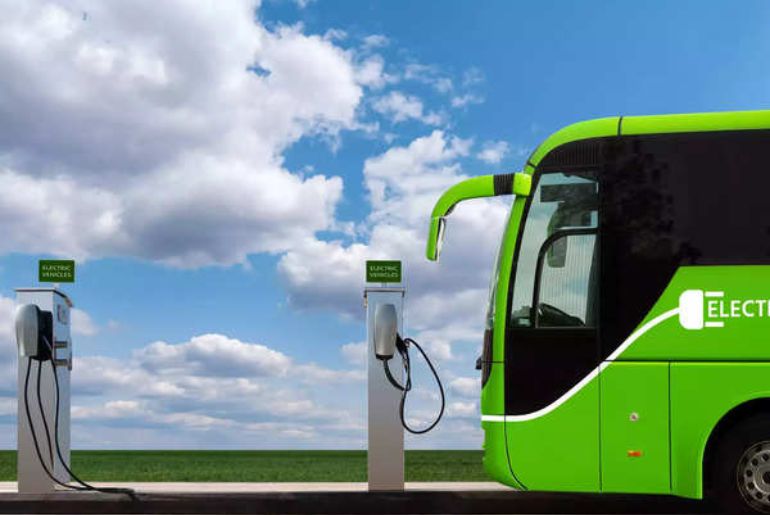In order to facilitate the purchase and operation of electric buses, the Indian government introduced the PM-eBus Sewa-Payment Security Mechanism (PSM) initiative, which creates a Payment Security Mechanism Fund. For original equipment manufacturers (OEMs) and operators that have signed contracts with Public Transport Authorities (PTAs), this program aims to increase financial stability and lower the risks associated with late payments. In the event that PTAs are unable to make payments on time, the government hopes to establish a mechanism for recovering funds from state governments or Union Territories (UTs) and offer financial stability in the event of payment delays.
The program’s primary objectives are to stimulate the adoption of technology for electric bus operations, create capacity, guarantee operators get consistent payments, and assist PTAs in developing their skills. PTAs and the operators who participate in government-sponsored initiatives stand to gain from this plan, which aims to deploy at least 38,000 electric buses.
One of the requirements for PTAs to be eligible for the program is to purchase e-buses using the Gross Cost Contract (GCC) model, which complies with the program’s rules. PTAs may also take part provided they follow a comparable model that has been authorized by the steering committee. PTAs are also required to obtain a Direct Debit Mandate (DDM) with the Reserve Bank of India, pledging to reload the plan fund in the event that it is depleted. Convergence Energy Services Limited (CESL) allows PTAs to pool and purchase buses; if buses are purchased separately, the steering committee must confirm the PTA’s eligibility.
The program is available to OEMs and operators who fulfill these requirements and have concession agreements with qualified PTAs. Under the plan, each bus will have payment security coverage for a maximum of 12 years, costing ₹3,435.33 crore in total.
PTAs must create an escrow account and handle payments for routine bills sent in by OEMs and operators in order to access the scheme fund. Operators may ask CESL to start the Payment Security Mechanism if there are insufficient funds, which will cause the PTA to be considered in default and result in missing or delayed payments. In order to collect and handle these requests, CESL will oversee a digital platform, guaranteeing operators a safe and organized method of obtaining monies in the event that payments are not made on time.
CESL would ask the Reserve Bank of India to activate the Direct Debit Mandate if PTAs do not return the scheme fund within the allotted time. This would allow the RBI to deposit the necessary amount to the scheme fund, including any relevant late payment surcharge, and debit the corresponding state or UT account. This guarantees the scheme fund’s sustainability and its ability to consistently support OEMs and operators.


